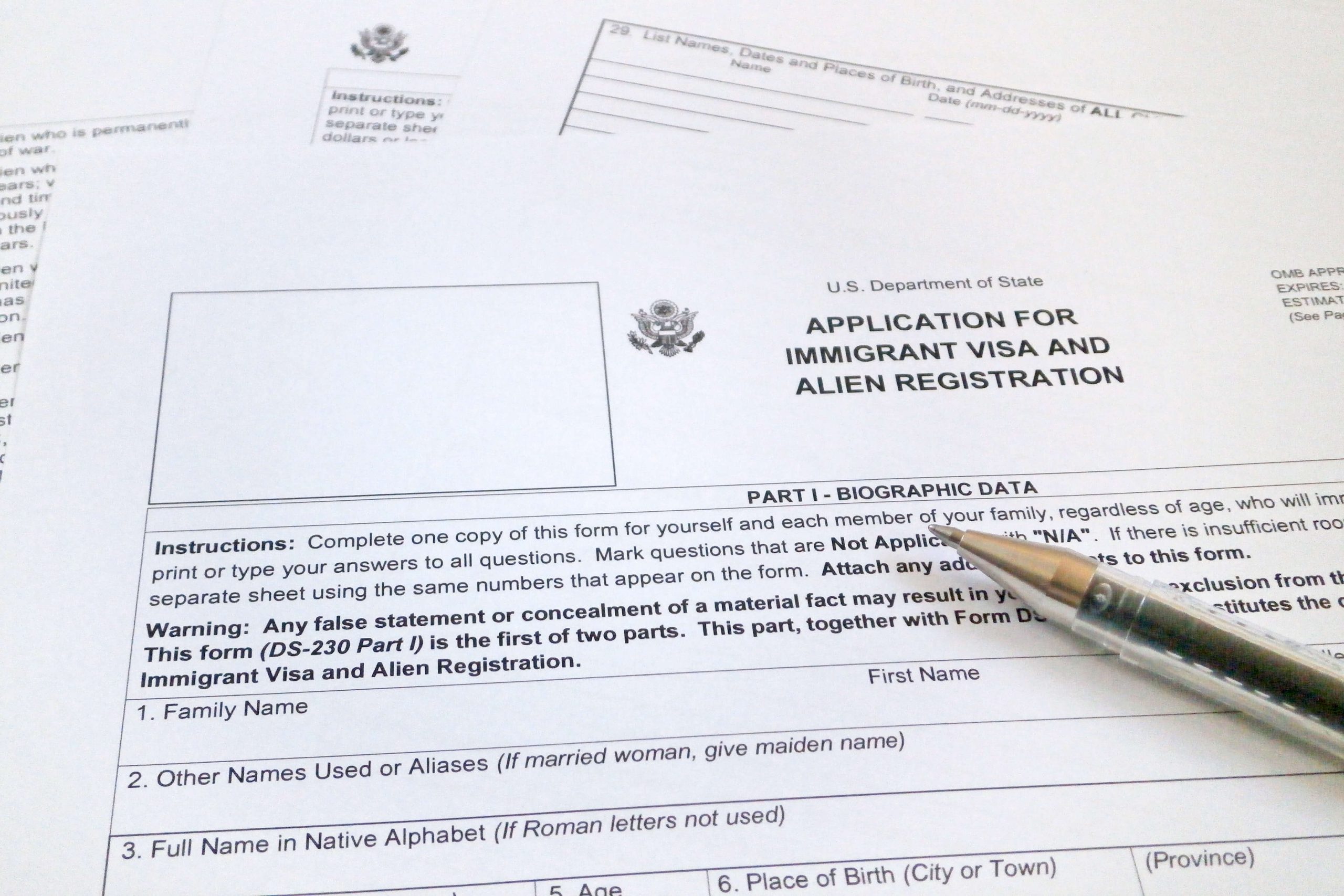Quick Hits
- Starting October 11, 2025, Gambian nationals must post a bond for $5,000–$15,000 to obtain a B-1/B-2 visa, per the State Department’s temporary final rule and visa bond pilot program.
- The Gambia is the third country to be included in the pilot program, after Malawi and Zambia were included in the original list that took effect on August 20, 2025. B-1/B-2 visa applicants from these countries must meet bond requirements to qualify for U.S. visitor visas.
- If eligible, nationals of these countries will be directed to submit Form I-532, submit payment through Pay.gov, and enter and depart through specific U.S. international airports.
Applicants determined eligible for a B-1/B-2 visa must agree to the terms of the bond and will be directed to submit Form I-352 by a consular officer. The applicant must post a visa bond for $5,000, $10,000, or $15,000, with the specific amount being determined during the applicant’s visa interview. The bond payment must be submitted through the U.S. Department of Treasury’s online payment platform, Pay.gov, but only after being directed by the consular officer. Unauthorized payments or payments through third-party platforms will not be refunded. In its announcement, the State Department noted that a bond payment does not guarantee that a visa will be issued.
Notably, visa holders who are subject to the bond requirement must enter and depart the United States through one of three designated airports: Boston Logan International Airport (BOS), John F. Kennedy International Airport (JFK), or Washington Dulles International Airport (IAD). Using these airports is a condition of the bond, and failure to comply with these arrival and departure requirements may result in denied entry or inaccurate departure records, which could adversely impact future travel or result in a determination that the bond terms were not upheld.
The visa bond is refundable if the visa holder complies with all terms of the holder’s nonimmigrant visa status and the visa bond. The bond will be cancelled and automatically refunded under specific circumstances: the visa holder departs the United States on or before the end of the authorized stay; the visa holder does not travel to the United States before the B-1/B-2 visa expires; or the visa holder is denied admission into the United States at a port of entry.
Compliance with these conditions, as well as the terms of the nonimmigrant visa status and bond, are important to ensure eligibility for a bond refund. In its announcement, the State Department indicated cases will be sent to U.S. Citizenship and Immigration Services (USCIS) for review where a visa holder may have failed to adhere to the visa bond terms.
Next Steps
Employers may want to note these new requirements and the associated processes when assisting nationals from the countries in the State Department’s visa bond pilot program. Compliance with the terms of the nonimmigrant visa status, bond, and associated processes is critical, as breaches—such as incorrect entry or departure airport, overstays, or status adjustments—may be referred to USCIS for further review. Employers may want to advise affected employees to carefully follow consular instructions and ensure travel plans align with designated ports of entry.
Ogletree Deakins’ Immigration Practice Group will continue to monitor developments and will publish updates on the Immigration blog as additional information becomes available.
Follow and Subscribe
LinkedIn | Instagram | Webinars | Podcasts






